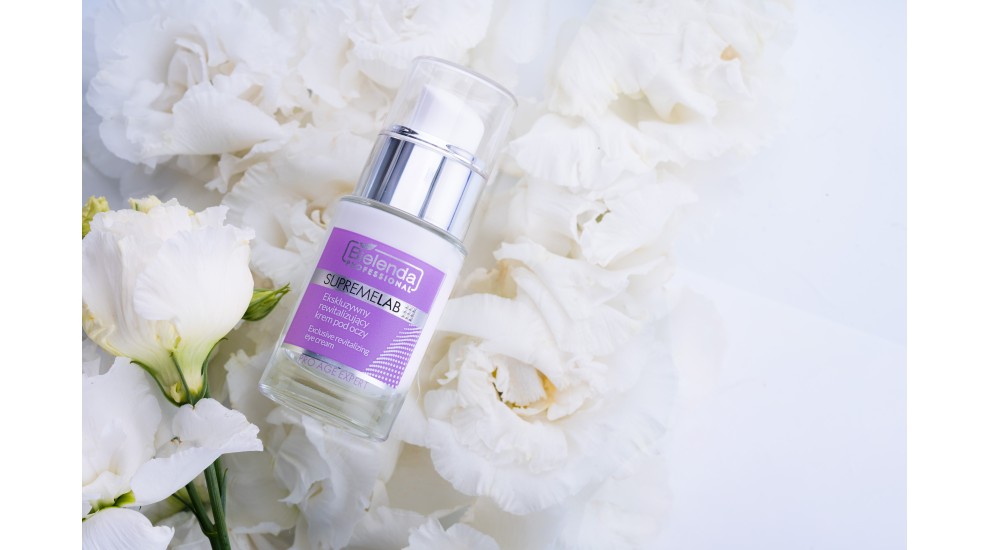
Collagen in creams – a miracle ingredient or just marketing?
Collagen has long been called the “protein of youth.” It’s responsible for firmness, elasticity, smoothness and the youthful appearance of the skin. As we age, its natural levels decrease, which is why skincare brands eagerly promise that a “collagen cream” can turn back time. But can collagen really be absorbed through the skin? Does a £5 cream work the same as one that costs £50? And is collagen a miracle – or just clever marketing? Let’s find out.
Truth or Myth? The Most Common Beliefs About Collagen and Skincare
1. “The skin becomes lazy if you use creams.” False. The skin doesn’t stop functioning just because you apply cosmetics. It’s like saying your body will stop needing water because you drink it.
2. “Professional skincare at home works the same as a salon treatment.” False. Some serums (e.g., with high concentrations of vitamin C or acids) can do more harm than good if used incorrectly. In professional treatments, the product itself is only part of the result — pH, concentration, technique and knowledge also matter.
3. “Collagen in cream can’t penetrate the skin.” And here the answer is: it depends. Collagen is a large molecule — traditional, non-fragmented collagen does not penetrate the skin barrier. It works only on the surface: it smooths, hydrates and forms a protective film. But modern forms of collagen are a completely different story.
Collagen Then vs. Collagen Now
A few years ago, dermatologists said: “Collagen in creams doesn’t work.” And they were right — because large collagen molecules simply sat on the skin’s surface. But cosmetic science has progressed. Just like sending a text used to be cutting-edge technology — and now we shop, bank, film and stream on our phones — Collagen has gone through a revolution too.
Modern Forms of Collagen – What Really Works
• Collagen peptides – tiny fragments that penetrate the skin and stimulate fibroblasts to produce new collagen.
• Hydrolyzed collagen – broken into smaller units that the skin can actually use.
• Amino acids – the “building blocks” the skin needs to produce collagen itself.
Example of a cream containing these types of ingredients: https://www.natashacosmetics.co.uk/supremelab-pro-age-expert-exclusive-anti-wrinkle-serum-30-ml
• Palmitoyl Tripeptide-5 – signals the skin to “produce collagen.”
• Acetyl Hexapeptide-8 (Argireline™) – targets expression lines. • Hydrolyzed Rice Proteins (Nutripeptides®) – smooth and improve elasticity.
This isn’t “collagen as collagen.” It’s instructions for the skin to produce its own collagen.
Copper Peptide – The Anti-Ageing Superstar
One of the most researched and effective ingredients is GHK-Cu (Copper Peptide):
• Very small molecule
• Stimulates fibroblasts to produce collagen, elastin and GAGs
• Penetrates deeply
• Supports regeneration, thickens and firms the skin
Look for in INCI: Copper Tripeptide-1 / GHK-Cu
Example: Bielenda Supremelab Vitalize Dermorevitalizing Cream with Copper Peptide and Polynucleotides 50ml
Signal Peptides vs. Biomimetic Peptides – The Difference
• Signal peptides – tell the skin: “Start producing collagen!” Example: Matrixyl
• Biomimetic polypeptides – mimic natural growth factors in the skin.
Example: EGF (Epidermal Growth Factor) — supports cell regeneration.
This is no longer “just a cream.”
This is biochemistry in the service of beauty.
Example: Bielenda Supremelab Cellular Intensive Anti-Wrinkle Cream Senolytic Activator & Cellular Complex 50ml
So Does a £5 Cream Work Like a £50 Cream?
Not always, but:
• Price doesn’t always reflect performance.
• You pay not only for the formula but also packaging, branding and fragrance.
• Some affordable pharmacy creams contain peptides just as effective as luxury products.
The most important factors are:
• the ingredients,
• consistency in use,
• matching the cream to your skin’s needs — not the logo on the jar.
However — more expensive creams often provide complete peptide and polynucleotide complexes that cheaper creams simply don’t.
One such example is: SKINARTÉ Ageless Redermalizing Modeling Cream — designed to support skin regeneration, improve firmness and subtly lift facial contours. Its advanced formula stimulates cellular renewal, deeply hydrates and strengthens the skin structure, leaving it smoother, younger-looking and more radiant day by day.
From the first application, the skin appears more lifted and refined. The cream works like a professional treatment — restructuring and gently modeling facial contours. It intensively regenerates and acts like a “second skin” supporting rebuilding and firming processes. With regular use, the skin becomes firmer, denser and more elastic, with visibly smoother fine lines and an improved overall texture.
This is not just a cream — it is comprehensive anti-age support.
Key Active Components of SKINARTÉ Ageless
1. Polynucleotides – stimulate fibroblasts to produce collagen and elastin.
2. Smart-Cell Duopeptide – biomimetic peptide supporting extracellular matrix rebuilding.
3. Encapsulated DMAE – provides a gentle lifting and firming effect.
4. 5-Amino Acid Complex – supports collagen synthesis and improves skin density.
5. Cellular Delivery System (CDS) – enhances penetration and effectiveness of active ingredients.
6. Ceramides, collagen, hyaluronic acid, plant oils, vitamins E and C – hydrate, repair and protect the skin barrier.
How to Choose a Collagen Cream That Truly Works Look for in INCI:
• Hydrolyzed Collagen
• Collagen Peptides
• Palmitoyl Pentapeptide-4
• Tripeptide-29
• Signal Peptides
• Copper Tripeptide-1 (GHK-Cu)
Avoid creams where “Collagen” appears only at the very end of the ingredient list — that means mostly surface-level smoothing, not deeper action.
And the Most Important Part…
A cream is only one piece of the puzzle.
For healthy collagen production, you also need:
• Vitamin C
• High-quality protein and healthy fats in the diet
• Proper hydration
• Daily sun protection



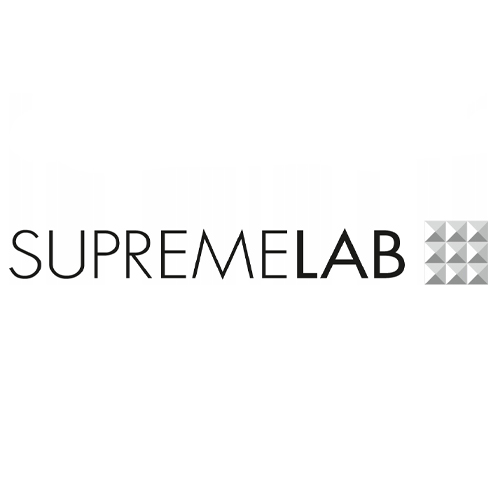
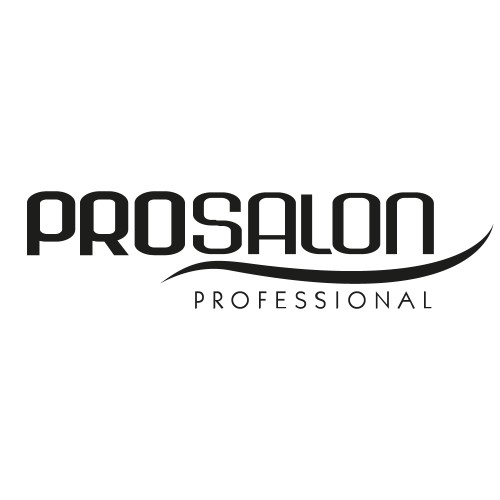



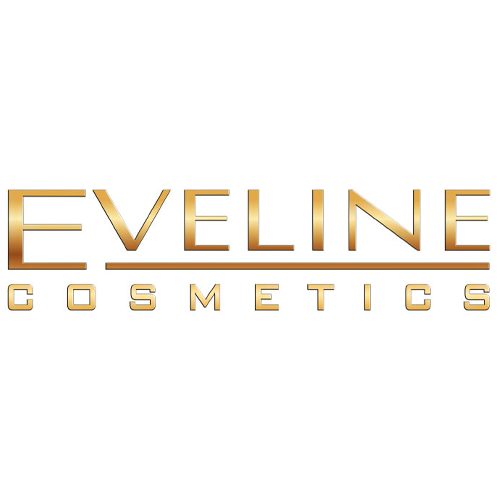

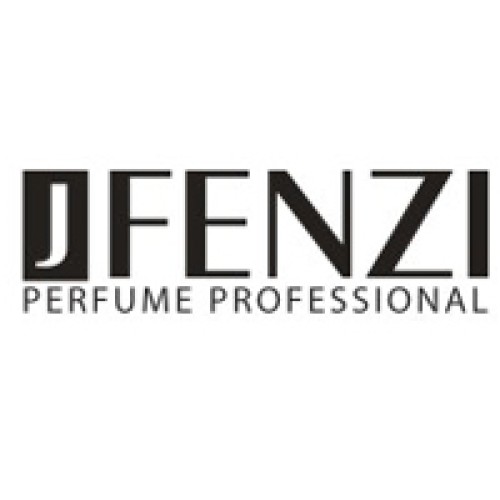


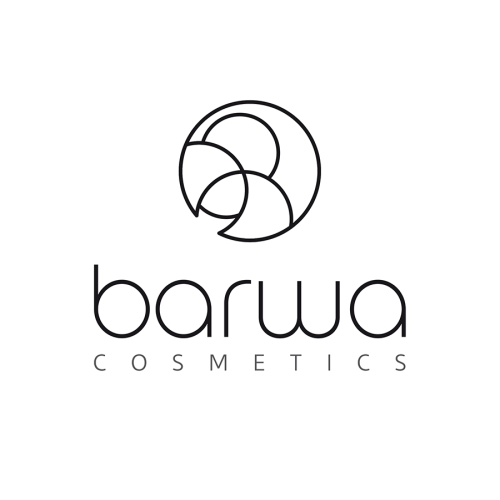
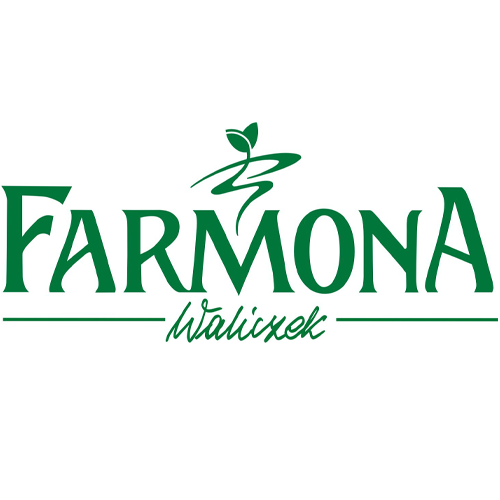
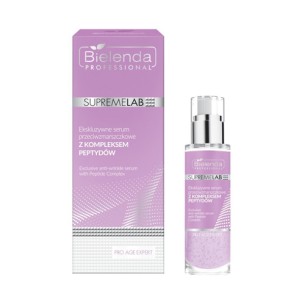
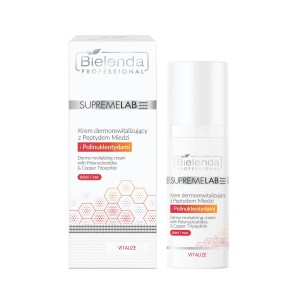
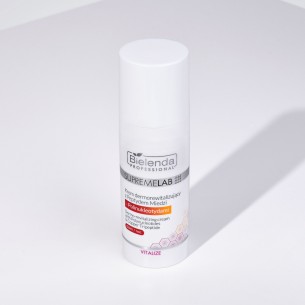
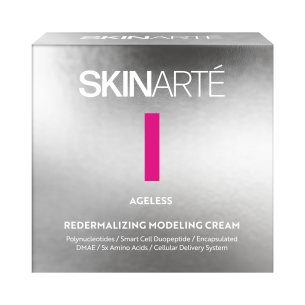
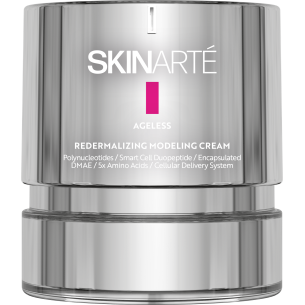
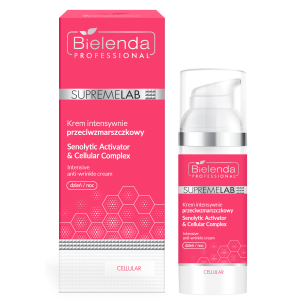
-220x122h.jpg)
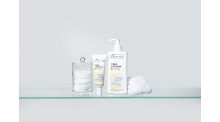
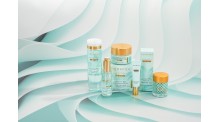



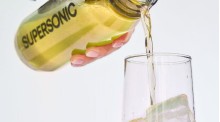
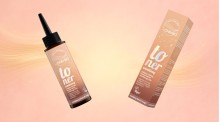
-kopia%20(1)%20990x550-220x122h.jpg)
Leave a Comment